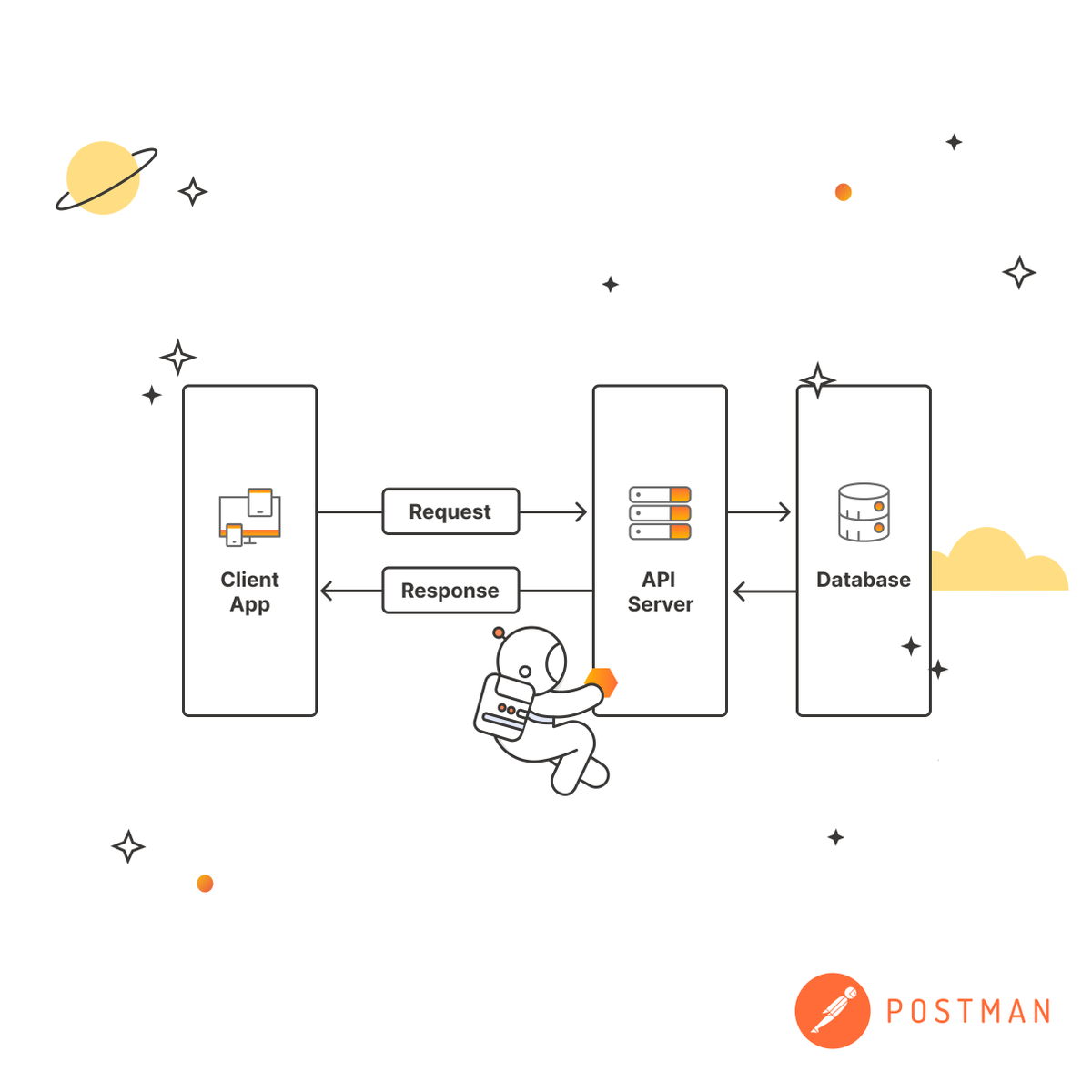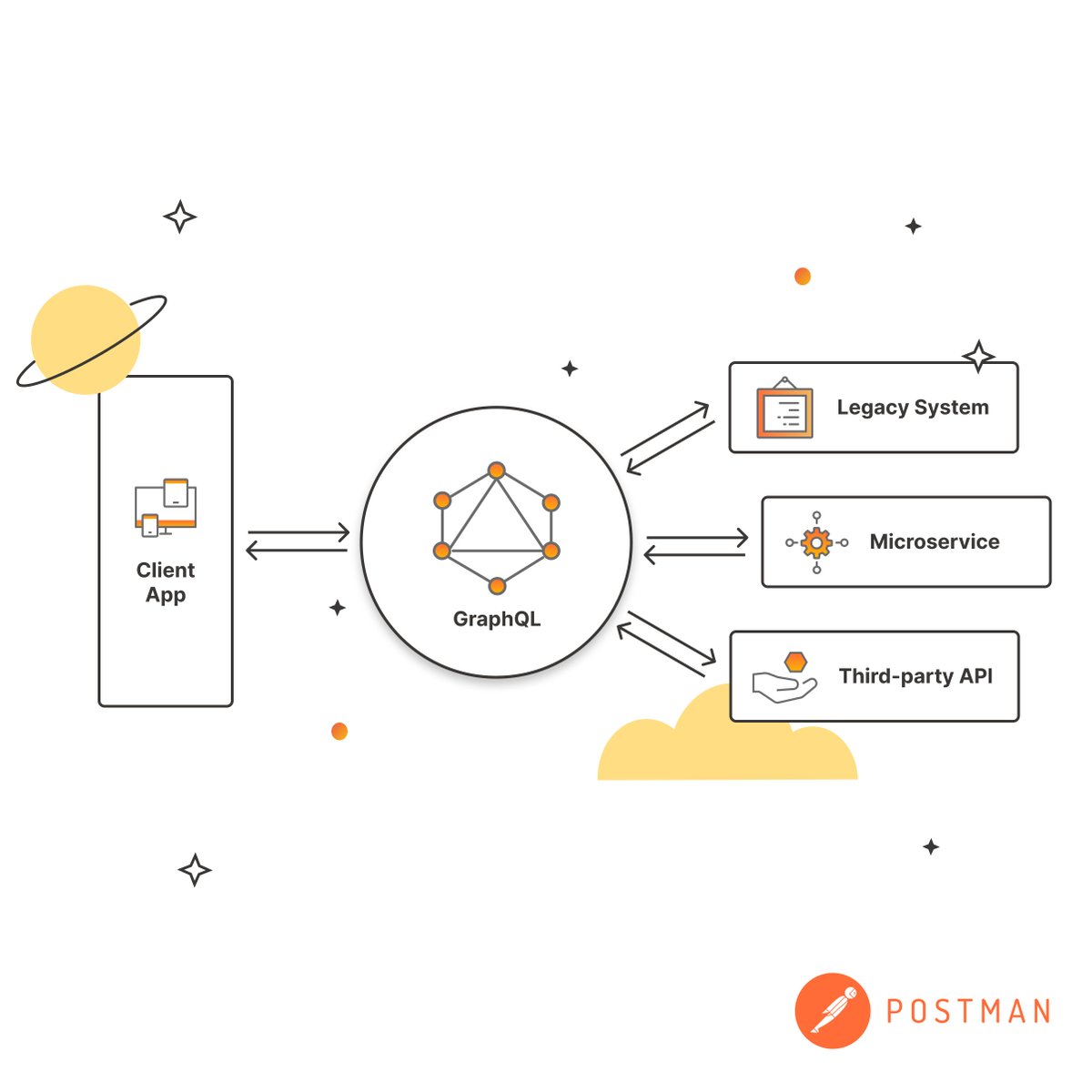An API client is a development tool that makes it easier for producers and consumers to explore, test, and debug APIs.
Traditional approaches to calling an API require a significant amount of specialized knowledge; for instance, the API user must know a programming language, understand the API's framework and protocol, and be able to interpret the response.
This time-consuming process not only slows down API development and integration efforts, but also prevents people with less technical backgrounds from working with APIs.
API clients abstract away some of this complexity, lowering the barrier to entry for API-related work and enabling developers to stay focused on big-picture goals.
Thanks for reading! 👋
Follow @getpostman for more #API knowledge!
And check out this resource here👇
postman.com/api-platform/a…
Follow @getpostman for more #API knowledge!
And check out this resource here👇
postman.com/api-platform/a…
• • •
Missing some Tweet in this thread? You can try to
force a refresh

 Read on Twitter
Read on Twitter








